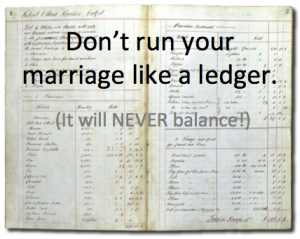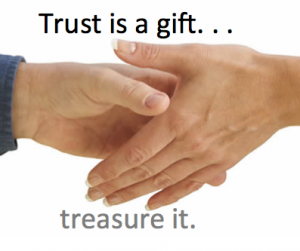Do You Give Your Spouse YOUR Stamp Of Approval?: #29 Save Your Marriage Podcast
https://savethemarriage.com/stmblog/wp-content/themes/corpus/images/empty/thumbnail.jpg 150 150 Lee H. Baucom, Ph.D. Lee H. Baucom, Ph.D. https://secure.gravatar.com/avatar/669b7e375d93f77521ddaba08adb8063?s=96&d=blank&r=pg People are quirky. We all have strange and interesting habits and interests. No two people are alike.
People are quirky. We all have strange and interesting habits and interests. No two people are alike.
Yet all of us crave one thing: validation and approval. We did it in high school (“I am SO different, along with everyone else”) and we do it through adulthood.
In fact, one of the aphrodisiacs of a relationship is feeling validated, approved, and accepted by the other person.
Does YOUR spouse feel validated and accepted?
In this week’s save your marriage podcast, discover how this can make or break a relationship. Hear the 6 traps that may keep your spouse from feeling validated — and what to do about it!
Podcast: Play in new window | Download
Subscribe: RSS


